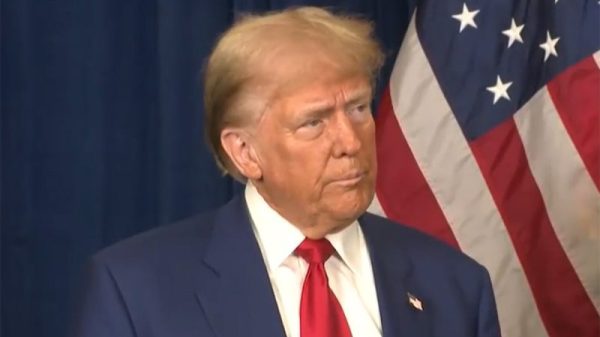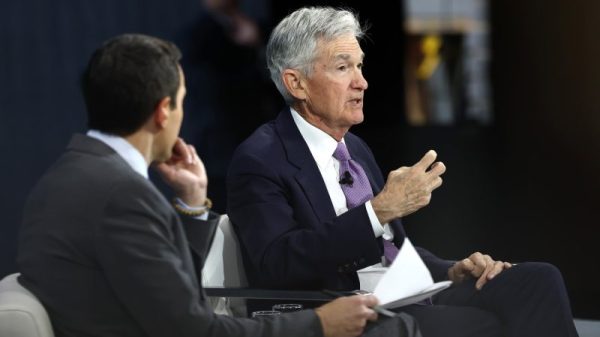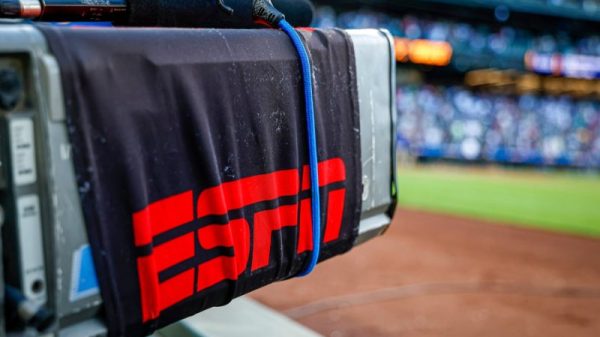Engine manufacturer Cummins Inc. has agreed to pay a $1.675 billion penalty for allegedly installing ‘defeat devices’ on approximately 1 million pickup trucks to cheat emissions tests. It’s the largest civil fine ever levied under the Clean Air Act, the Justice Department said Friday.
Defeat devices are designed to ‘bypass, defeat, or render inoperative emissions controls such as emission sensors and onboard computers,’ the department said.
Cummins is accused of installing defeat devices or similar equipment on hundreds of thousands of RAM pickup trucks between 2013 and 2023, the department said.
“The types of devices we allege that Cummins installed in its engines to cheat federal environmental laws have a significant and harmful impact on people’s health and safety,’ Attorney General Merrick B. Garland said in a statement, adding that the devices would have produced thousands of tons of excess emissions of nitrogen oxides, which are toxic to humans when breathed in.
Cummins has also agreed to settle with California’s Air Resources Board.
In a statement, Cummins said it did not admit any wrongdoing and that it had no evidence its employees acted in bad faith. A spokesperson for Stellantis, which owns the RAM truck brand, did not immediately respond to a request for comment.
The civil penalty announced Friday would surpass the $1.45 billion Volkswagen paid in 2017 after the German automaker disclosed it had used defeat devices on 11 million vehicles worldwide; Volkswagen ultimately paid more than $20 billion including criminal penalties.
In August 2022, Fiat Chrysler — now known as Stellantis — paid nearly $300 million to resolve a multiyear criminal-fraud probe by the Justice Department over diesel-emissions.
Cummins, based in Indiana, had 73,600 employees at the outset of 2023. Its share price declined about 3% in Friday trading.
The Cummins settlement, which must be approved by a court, represents the latest salvo in U.S. regulators’ campaign against emission defeat devices.
From fiscal years 2020 to 2023, the Environmental Protection Agency finalized 172 civil enforcement cases related to the devices, resulting in civil penalties totaling $55.5 million; and 17 criminal cases resulting in another $7.2 million penalties and a total of 54 months of incarceration.


































